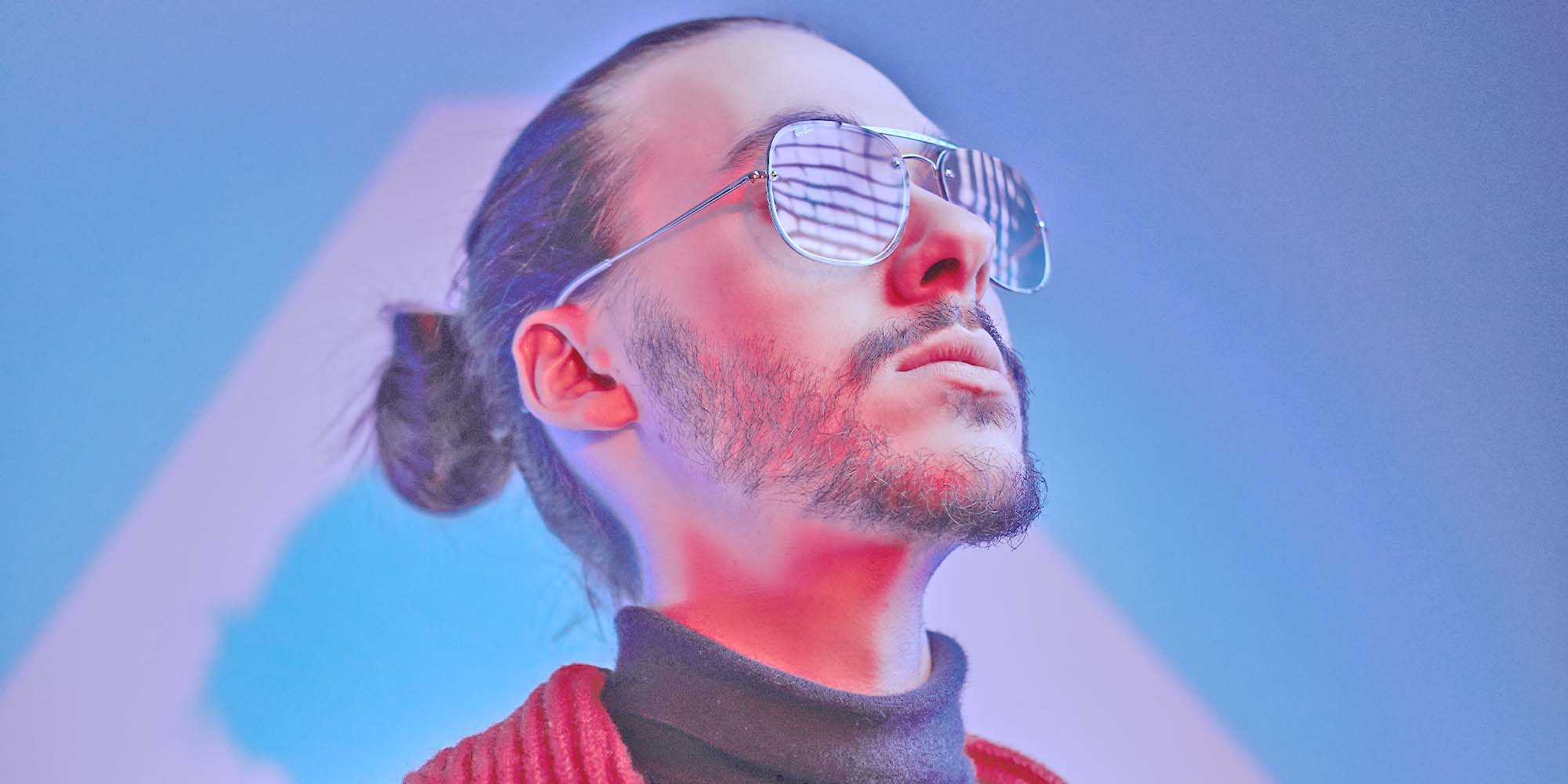-
 play_arrow
play_arrow
DisnDat HITZ DisnDat HITZ
-
 play_arrow
play_arrow
Warlando Hitz Warlando Hitz
-
 play_arrow
play_arrow
DisnDat Tunez Reggae,Dancehall and Afro Beats
Comedian Clint Coley on His Bipolar Diagnosis and Why He’s Not Quiet About It


Breaking generational curses doesn’t always look like therapy couches and wellness retreats. Sometimes, it looks like a Black man standing on stage telling jokes — and the truth. For Clint Coley, healing meant facing a diagnosis he didn’t want, committing to treatment that he once avoided, and learning that strength can look like asking for help. He’s even worked his bipolar diagnosis into his stand-up sets, using humor to open up conversations that rarely happen in public, especially among Black men.
Coley was diagnosed with bipolar disorder in 2017 after what he describes as “a lot of lashing out” and intrusive thoughts that scared him. “I felt like I was crazy.” It would take six more years and a serious mental health crisis for him to start treatment. Today, the Philly-raised, L.A.-based comedian and writer speaks candidly about what it took to get better. His latest comedy special, My Edible Kicked In, is now streaming on Peacock — a project that, like Coley himself, doesn’t shy away from the real stuff.
Following a crisis that led to hospitalization, Coley began to see how serious things had become. “It takes a while to wrap your head around the fact that you gotta take meds every single day. You have to do it. Like, ain’t no you skipped your meds like four or five days.”
Coley’s honesty is rare — and needed. According to Mental Health America, while Black Americans experience bipolar disorder at the same rate as other groups, they are far less likely to be diagnosed or treated. Socioeconomic barriers, cultural stigma, and mistrust in medical institutions all play a role. “Our parents would just be like, ain’t nothing wrong with you. Go sit down and shut up.”
Now a new father to a baby girl, Coley says parenthood has given him a different outlook. After years of struggling with suicidal ideation, becoming a dad reframed what was at stake. “I don’t ever want my daughter to feel like her daddy gave up,” he shared in our conversation.
For Coley, wellness means having space to show up authentically. Playing live video games with friends has offered a space for radical honesty. “My boy yesterday, he got on, I’m like, man, how you feel bro? He like, I’m gonna be real, I’m not alright. Alright bro, let’s go shoot some [people in the game] and tell us why you not.”
He doesn’t want to be anyone’s poster boy, but he’s also not hiding. “You gotta assemble the fucking Avengers. That’s the only way to deal with it. It is me, my therapist, my friends who consistently make space for me, family, again, medicine — like all those things.”
Coley has no vision of becoming a wellness guru or a mental health poster child. But staying honest and unafraid to name what he’s lived through might just give someone else permission to do the same.
From Your Site Articles
Related Articles Around the Web
Written by: jarvis
Similar posts
-
Recent Posts
- The 19 Most Influential R&B Albums of ’90s & the Waves They Left
- Haim Shares Single, ‘Everybody’s Trying to Figure Me Out’
- Boldy James, Shoreline Mafia and More
- Russ’s New Single ‘April 7’ Is A Passionate Love Letter
- “Anyone Want To Buy One?” Donald Trump Flexes $5 Million ‘Trump Gold Card’ That Grants U.S. Residency… Dropping In 2 Weeks!
Recent Comments
Featured post
Latest posts

The 19 Most Influential R&B Albums of ’90s & the Waves They Left

Haim Shares Single, ‘Everybody’s Trying to Figure Me Out’

Boldy James, Shoreline Mafia and More

Russ’s New Single ‘April 7’ Is A Passionate Love Letter

“Anyone Want To Buy One?” Donald Trump Flexes $5 Million ‘Trump Gold Card’ That Grants U.S. Residency… Dropping In 2 Weeks!
Current show

Good Morning London
With Cindy and Brandon
For every Show page the timetable is auomatically generated from the schedule, and you can set automatic carousels of Podcasts, Articles and Charts by simply choosing a category. Curabitur id lacus felis. Sed justo mauris, auctor eget tellus nec, pellentesque varius mauris. Sed eu congue nulla, et tincidunt justo. Aliquam semper faucibus odio id varius. Suspendisse varius laoreet sodales.
closeUpcoming shows

Classy Generation
With Jessie Black
10:00 am - 11:00 am
Family Affairs
With Sebastian Troy
11:00 am - 1:00 pm
Sound Seduction
Presented by Marika Love
1:00 pm - 2:30 pm
Pop’n Roll
Mixed by Rebecca Lost
2:30 pm - 6:00 pm
Art Of Gossip
Monday and Friday at 23:00
6:00 pm - 7:00 pmChart
-

Good Morning London
With Cindy and Brandon
For every Show page the timetable is auomatically generated from the schedule, and you can set automatic carousels of Podcasts, Articles and Charts by simply choosing a category. Curabitur id lacus felis. Sed justo mauris, auctor eget tellus nec, pellentesque varius mauris. Sed eu congue nulla, et tincidunt justo. Aliquam semper faucibus odio id varius. Suspendisse varius laoreet sodales.
close Chart
-
Top popular

Female Corrections Officer Who Got Smashed In Front Of 11 Inmates… Wants You To Bail Her Out! (6 Sec IG Message)

Music, Economics, and Beyond

Geez, Wait Till You See It From The Back: Recoil Like A Mac10 With No Attachments!

Tragedy Unfolds At Rock Hill Smoke Shop! Aftermath Shows Witness Fighting To Save One Survivor After 2 Fatally Shot & 1 Critically Injured Inside

Stainless Steel Juicer – Making Juicing Fun And Easy
Quick links
Our radio.
COPYRIGHT All rights reserved.
Site Design by Superior Business Solutions.










